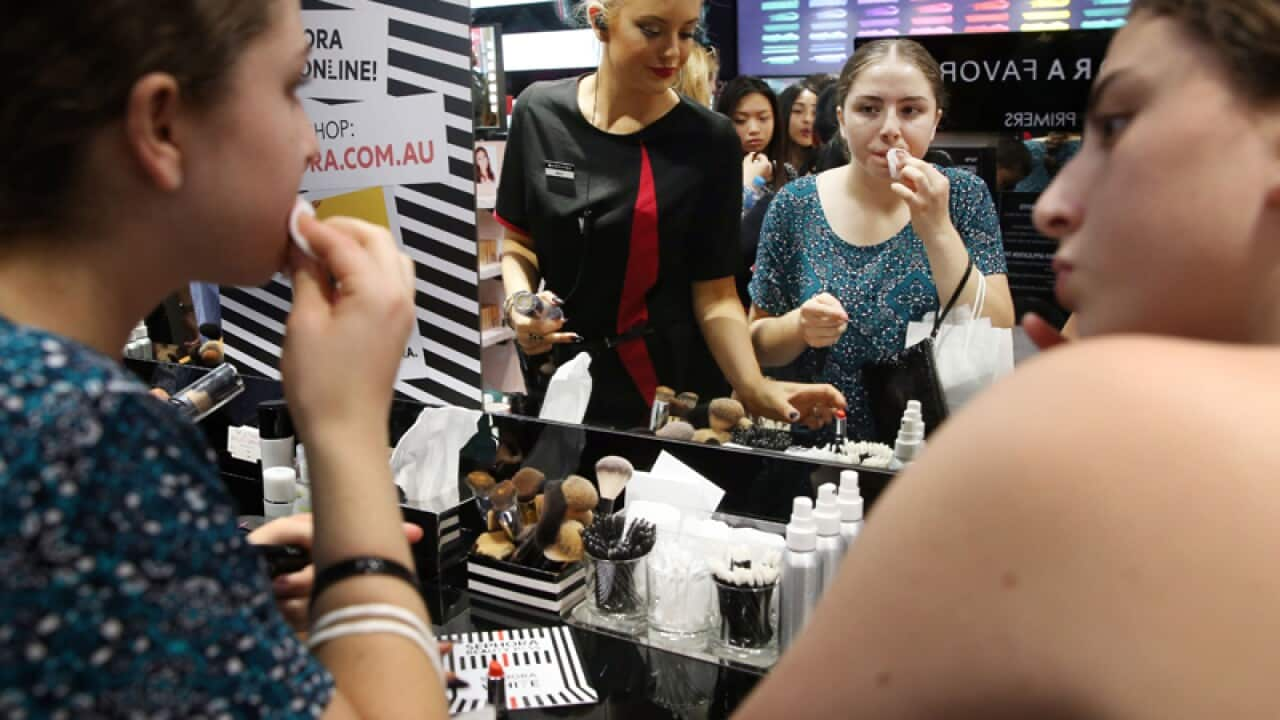More than 90 per cent of the world's population will soon join the ranks of the consumer class but a new breed of buyer is making choices based on a lot more than just price, a new report says.
By 2020, more people will be consumers - those able to spend money on goods and services - as the number of people living a subsistence life on less than US$2 a day falls to less than 10 per cent of the global populace, the HSBC Future of Consumer Demand report says.
But the spending behaviour of future consumers will be different to that of previous generations: the convenience of digital shopping and business ethics will be just as important in buying decision as price.
Raffaella Turco, head of insurance for HSBC Commercial and Private Banking, said consumers are becoming more sophisticated in the digital age.
"They know what they can get in the market. This is why businesses need to consider the new level of consumer demand - they will have more power, because they know more about what is available and they can shop around," Ms Turco said.
Greater access to information is also allowing people to choose products based on their personal values, with two thirds of consumers interested in buying from ethical companies.
HSBC deputy head of sustainability Francis Sullivan said businesses must engage more on ethical issues.
"Good companies engage people in debate and don't just respond to customer questions. Open and honest two-way conversations with consumers are the way to ensure the ethos and reality of how a business behaves is sustainable," he said.
Businesses also need to meet the needs of the increasing number of female consumers, but that doesn't mean selling gender-based products.
Birgit Neu, Global Head of Diversity and Inclusion at HSBC, said there is immediate backlash on social media when a company gets gender marketing wrong.
"But equally, the Twitterverse has been quick to note when organisations are taking the 'boy' and 'girl' labels off products and services that should be gender neutral and pitching them in a way that's appropriate for everyone," Ms Neu said.
There's also a divide in what different generations want, the report says, with tech entrepreneur Alex Stephany noting millenials are more tending towards "disownership" - choosing access to items over having to buy them outright.
"Millenials don't want to own things - especially things that are expensive and perceived as a lot of hassle. The prestige that comes from owning 'stuff' is diminishing. People want access over ownership when it logically makes sense," Mr Stephany said.
Share

